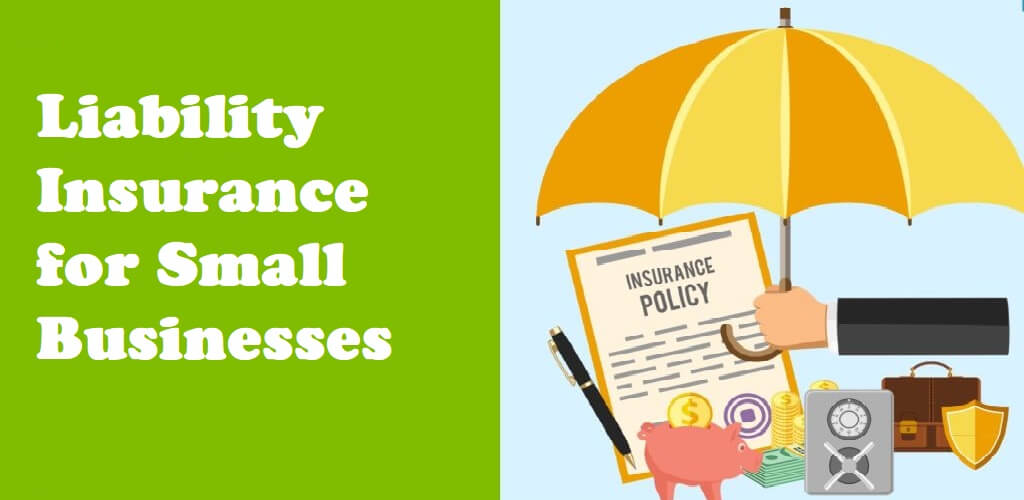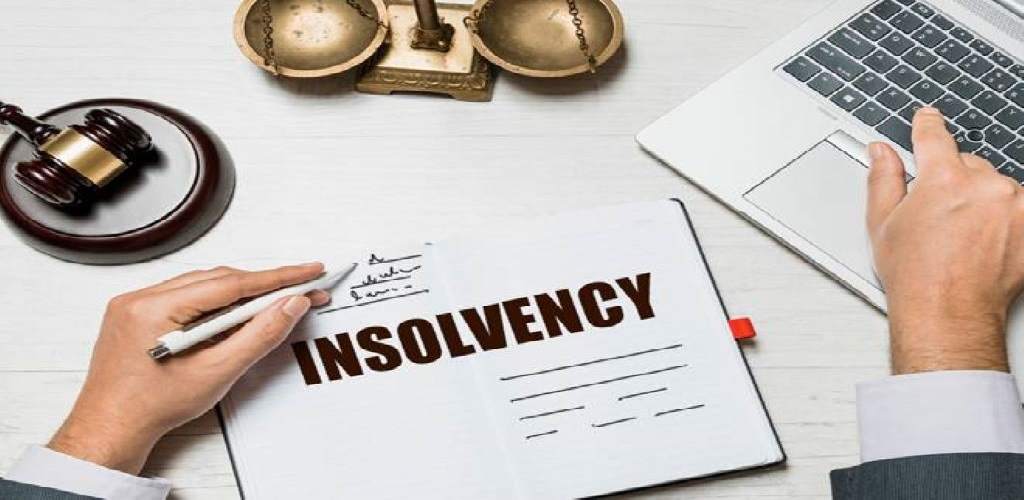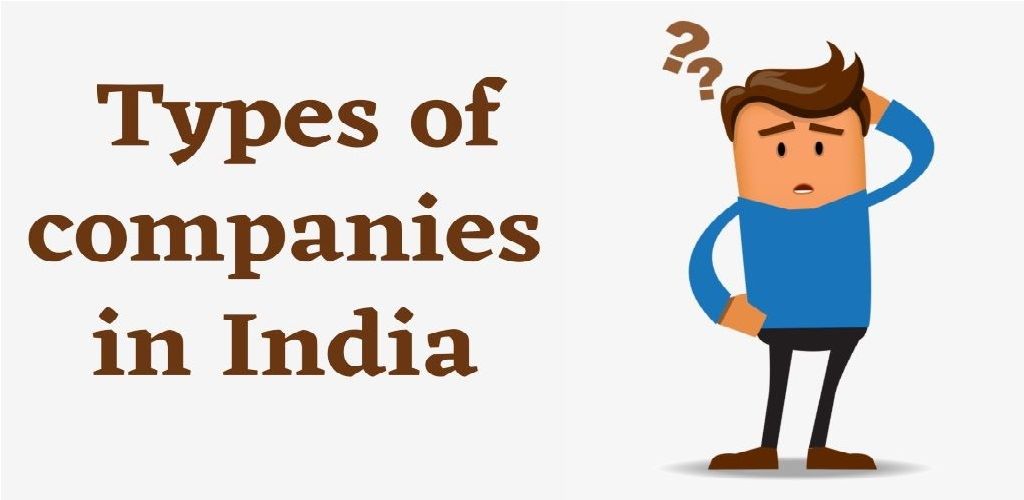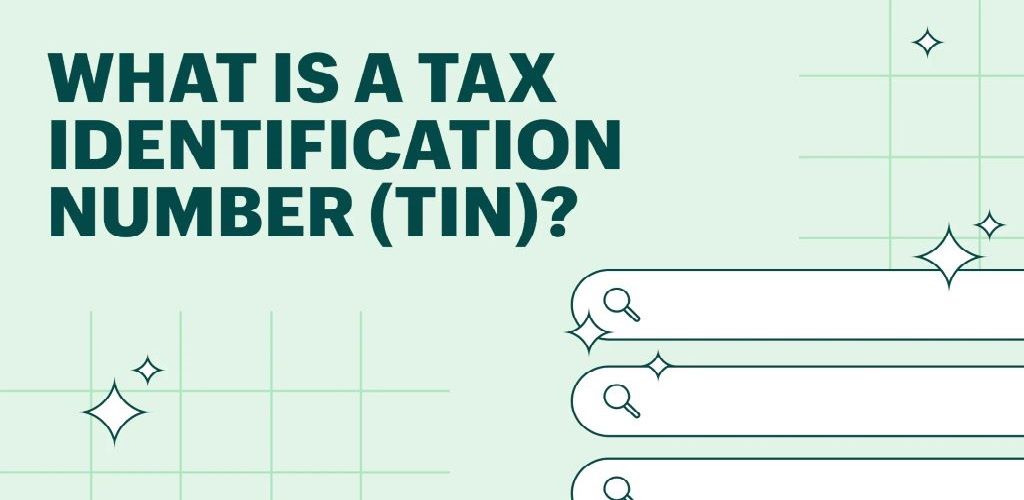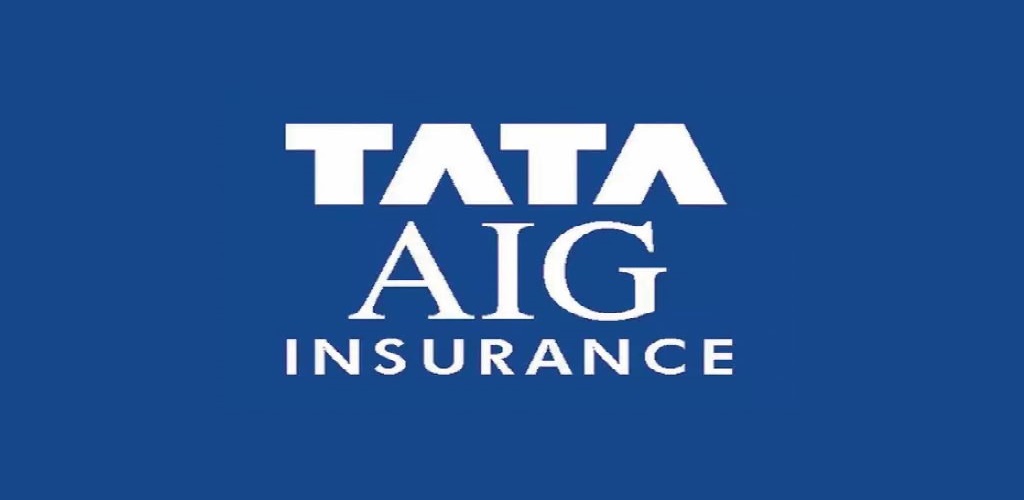With increasing lawsuits in India against businesses, small business owners face the heightened need for suitable protection. Limited finances and lack of in-house legal support make them more vulnerable to significant impacts from lawsuits than their larger counterparts. Moreover, the costs of hiring legal representatives further add to their challenges.
In such scenarios, liability insurance comes as a true savior for small business owners!
‘Liability insurance’, also known as ‘General Liability (GL) insurance’ is a financial safety net covering legal expenses and providing access to professional legal support. It addresses claims from third parties, including bodily injury, property damage, personal injury, libel, and copyright infringement. Whether it’s a slip-and-fall incident or damage from a product or service, this insurance helps reduce the financial risks associated with legal claims and settlements.
Read on to learn more about liability insurance for small businesses in detail!
Importance of Liability Insurance for Small Businesses
Let’s consider an example!
Suppose you have started a small catering business. It runs with a small team and limited financial resources. If a guest slips and gets injured at an event, liability insurance for your small business will come to rescue you.
Here’s how!
- It will cover legal costs and settlements for potential lawsuits, preventing significant financial strain.
- It will provide access to legal help, guiding you through legal complexities.
- It will act as a protective shield, letting your business focus on services without worrying about legal challenges.
- Many venues or clients require liability insurance, and not having it can lead to lost opportunities and contracts.
This example highlights how liability insurance is more than financial protection. It offers a safety net, legal assistance, and credibility, all of which are crucial for small businesses, ensuring they can navigate challenges with confidence and continue to grow.
Benefits of Liability Insurance for Small Businesses
General liability insurance for small businesses provides a range of benefits. Here are a few of them:
- Keeps You Protected from Accidents and Injuries: Small business owners are exposed to risks such as slips or product usage issues. Liability insurance offers protection against such incidents by covering medical and legal expenses if someone gets injured on your premises or by using your product/service.
- Property Damage Cover: In case your business causes damage to someone else’s property, general liability insurance steps in to cover the costs of repairs. Whether it’s harm to a customer’s vehicle or damage to a neighbor’s property, general liability insurance for small businesses covers the necessary things.
- Boosts Credibility of Your Business: Having liability insurance boosts the credibility of small businesses. When clients and customers see that your business has insurance coverage, it instills trust and confidence. This assurance of financial protection and accountability helps establish a positive reputation and fosters trust among stakeholders.
- Defend Against Lawsuits: Small businesses can face lawsuits from customers and competitors. And even a single lawsuit can have a profound impact on your business’ daily operation and earnings. Liability insurance acts as a defense mechanism by covering legal fees and settlements in case of lawsuits related to injuries or unfair business practices.
- Peace of Mind: Running a small business can be stressful, and worrying about the financial impact of accidents or lawsuits only adds to the burden. The insurance offers peace of mind by ensuring that your business is protected from unexpected events, allowing you to focus on its smooth operation and growth.
Inclusions & Exclusions of Liability Insurance Cover for Small Businesses
In general liability insurance for small businesses, here are some key inclusions:
- Third-Party Bodily Injury: This coverage provides financial assistance if someone sustains bodily injuries on your property or as a result of your business activities. For example, if a customer slips and falls in your store, this coverage can help pay for their medical bills and any resulting legal costs.
- Third-Party Property Damage: General liability insurance also protects your business against claims for property damage caused to others. If your business accidentally damages someone else’s property, this coverage helps cover the costs of repairs or replacements.
- Legal Costs: If your business faces a lawsuit, general liability insurance covers legal defense costs. This coverage helps with lawyer fees, court expenses, and other legal-related costs. Even if the claims against your business are baseless, this coverage ensures that you have financial support to defend yourself in court.
- Personal and Advertising Injury: The coverage also protects your business against accusations of non-physical harm, such as defamation, slander, or copyright infringement. If your business is accused of engaging in actions that cause reputational damage or violate someone’s intellectual property rights, the insurance plan not only covers potential damages but also assists with legal expenses associated with defending your business against such claims.
Here are some common exclusions that can be found in these policies:
- Intentional Acts: Insurance typically does not cover damages or injuries that result from intentional acts, where you purposely hurt someone or damage their property.
- Professional Errors: Errors or omissions in professional work are generally not covered by insurance. Businesses requiring coverage for these risks may need to obtain professional liability insurance.
- Pollution-Related Damages: Damages or harm caused by pollutants may also not be covered. Businesses in need of coverage for environmental risks may need to obtain a separate pollution liability policy.
- Contractual Liabilities: If you assume liabilities as part of a contract, insurance may not cover those specific responsibilities, unless they would have existed even without the contract.
- Employment Practices Liability: Claims related to employment issues such as discrimination, harassment, or unfair termination are also often excluded.
- Criminal Acts: Liabilities arising from criminal acts are generally not covered by insurance.
- Aircraft and Watercraft Liabilities: Liabilities associated with the use of planes or boats for business purposes are also not covered.
- War: Damages resulting from war, terrorism, or similar events are typically not covered by insurance.
- Nuclear Radiation: Damages caused by nuclear radiation are typically excluded from insurance coverage.
What is the Cost of General Liability Insurance?
Commercial general liability insurance for small businesses is important to safeguard against various potential risks, but its cost varies based on several factors. The type of business and its associated risk level greatly affect premiums, with high-risk industries like construction facing higher costs.
The size of the business, which is determined by factors such as employee count and revenue, also impacts premiums. Businesses with more employees and higher revenue typically incur higher premiums due to increased exposure to liabilities.
Additionally, a business’s claims history plays a role; a history of claims or lawsuits may result in higher perceived risk and, consequently, higher premiums. Thus, businesses need to comprehend these factors, assess their risks, and ensure they have adequate coverage while managing costs associated with the insurance.
Frequently Asked Questions
If you own a business, no matter how small it is, you should have general liability insurance. A variety of businesses, such as cleaning services, photographers, marketers, event planners, contractors, and more, can plan to purchase suitable liability insurance for their business.
Contrary to a common misconception, liability insurance does not cover the theft of your business property or damage. It primarily addresses third-party losses for which your business may bear responsibility, not first-party losses like theft.
Various factors influence the cost of a liability insurance premium, including business size, location, industry, revenue, and coverage choices. The premium is often calculated based on the likelihood of a claim being filed.
General liability covers injuries to customers, damage to customer property, and advertising injuries. On the other hand, professional liability insurance deals with disputes over the quality of professional services.
While not a legal requirement, it’s advisable for all businesses, irrespective of their sizes, to have liability insurance. Although the law may not mandate it, clients, the business that hired you, or your landlord may insist on it.

